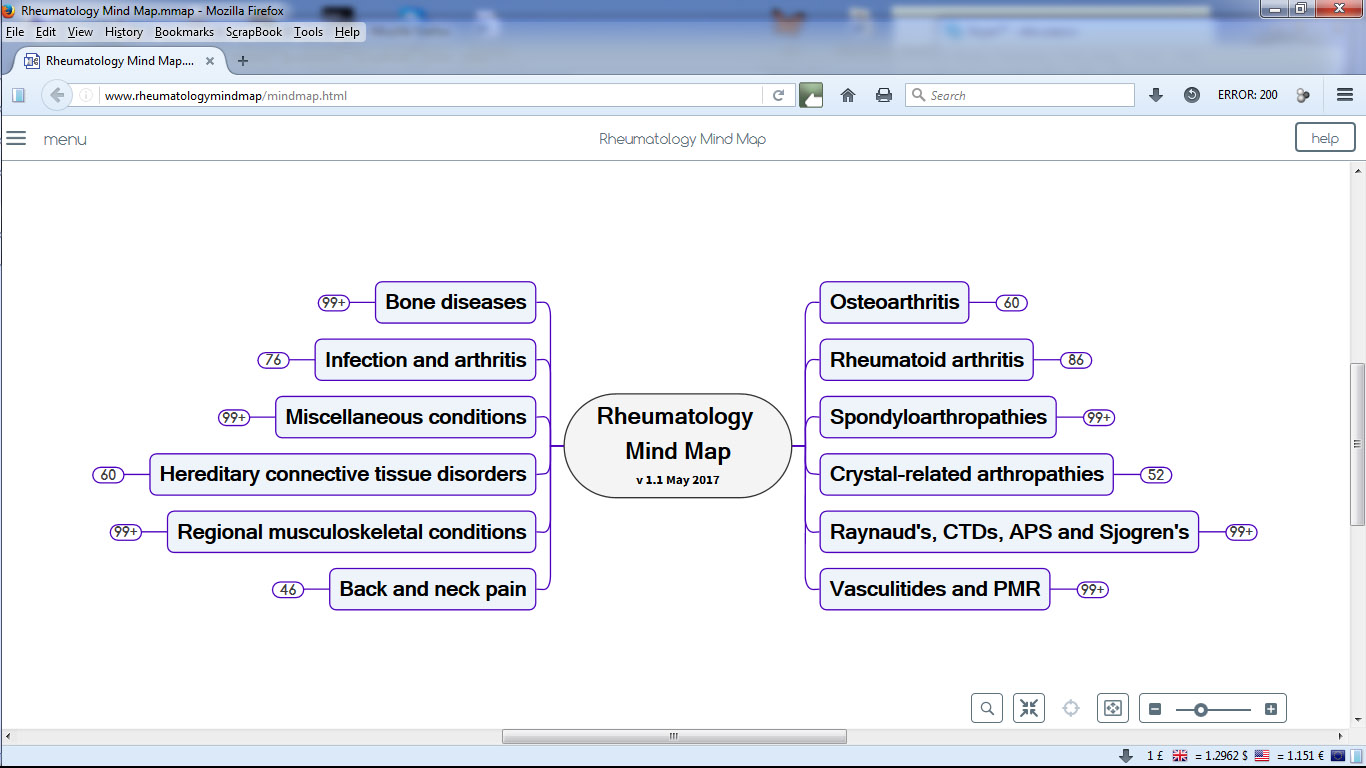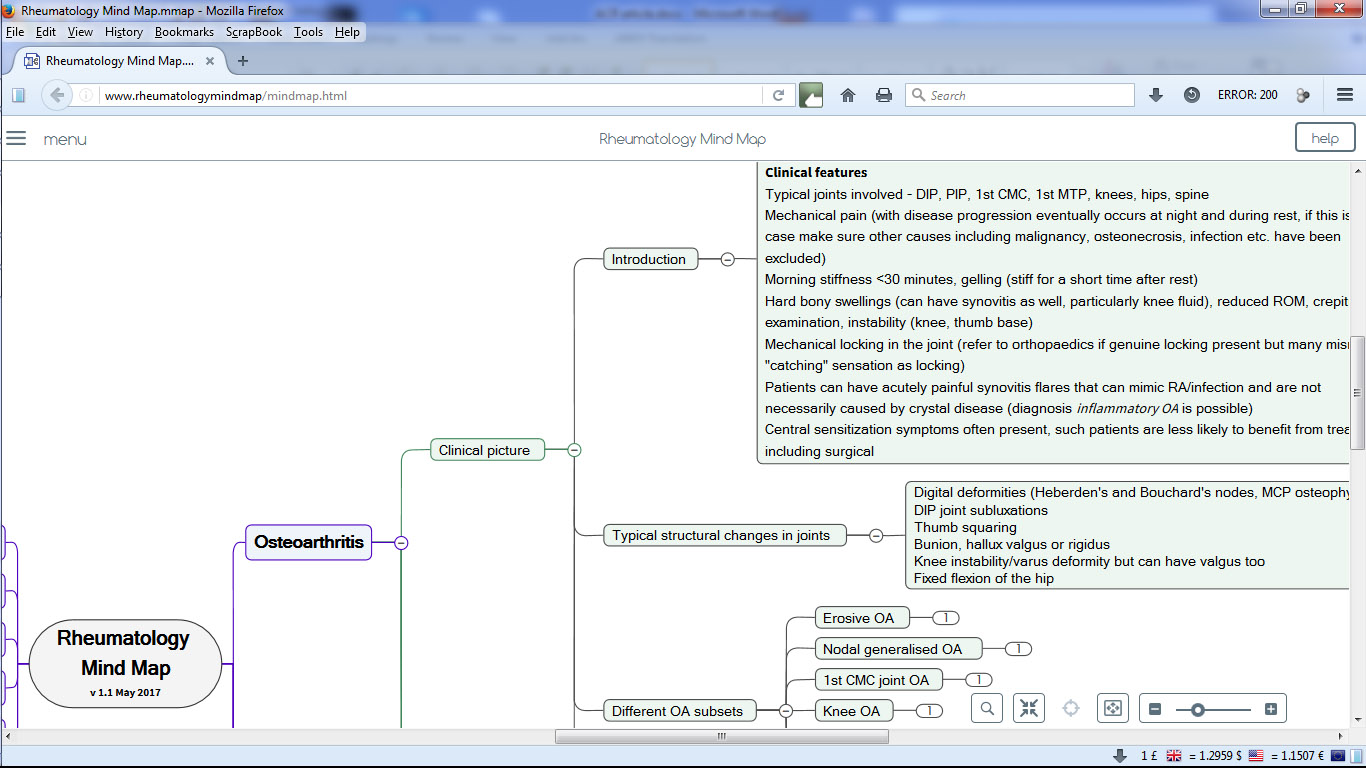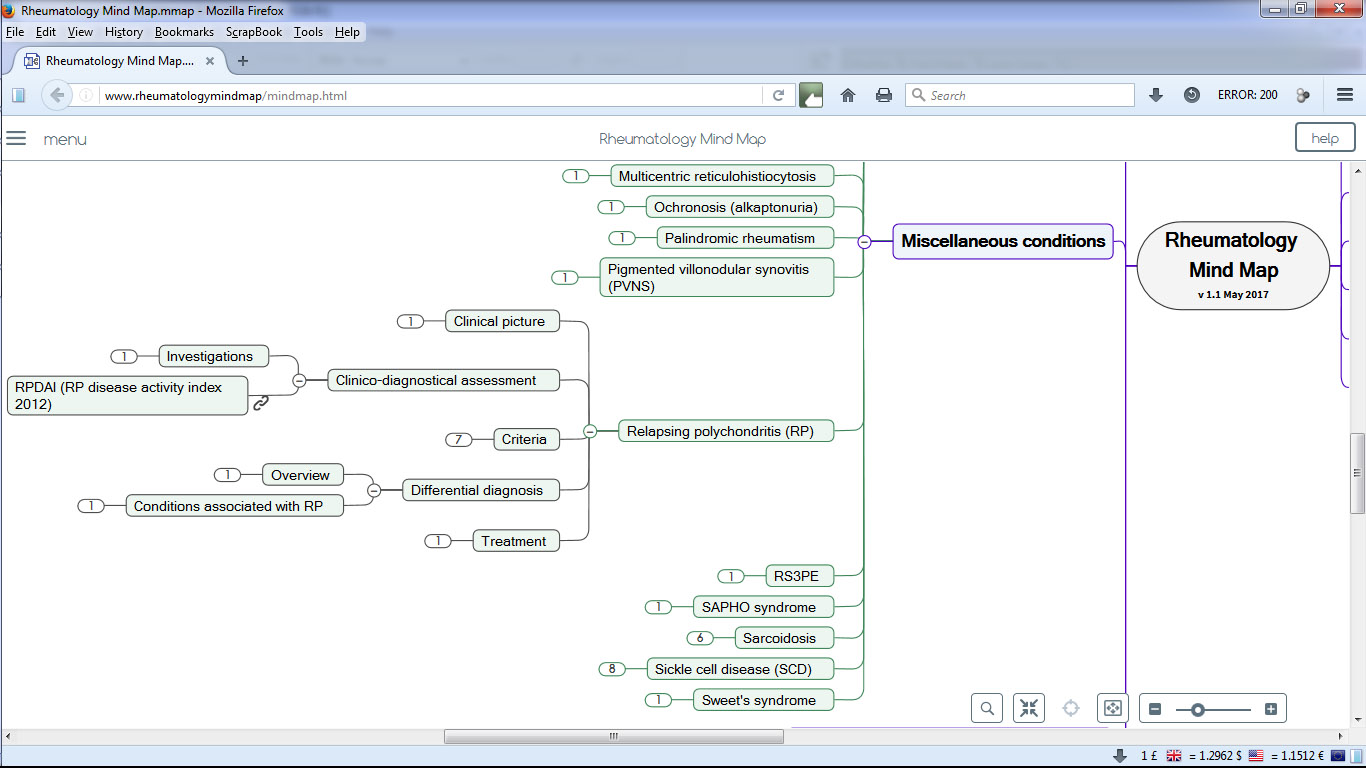Session Information
Date: Sunday, November 5, 2017
Title: Education Poster
Session Type: ACR Poster Session A
Session Time: 9:00AM-11:00AM
Background/Purpose: Medical knowledge is a constantly expanding and changing field. One of the challenges for healthcare professionals, including doctors in training, is to be able to find the most relevant source of reliable information with minimal reasonable efforts. Search for information is often time-consuming and each educational resource has limitations. Traditional forms of study such as textbooks are often out-of-date and inaccessible at work; internet-based information is often too abundant, and can be disorganized, not relevant to clinical practice, and inaccurate; direct learning from seniors is limited in a busy hospital environment; ward experience learning can lead to mistakes. There is an unmet need for a unified resource that will serve the purpose of being accessible wherever you are, comprehensive, reliable, up-to-date, and easily searchable.
Methods: A simple way to organize information is to use mind maps. A mind map is a tree-like structure that consists of radial nodes when the next level can be expanded or collapsed by a mouse click or a tap. Within a few clicks you can reach any information you need, visual hierarchical approach is intuitive and allows easy search, associated topics can be linked, and a web-based application offers easy modification and update of the mind map or its adjustment according to the needs of a trainee.
Results: We have developed a free mind mapping educational resource for health care professionals (www.rheumatologymindmap.com, www.rheumatologymindmap.co.uk, images 1-3). It is based on current rheumatology practice in the United Kingdom and is being updated in accordance with the new information and feedback received from the UK trainees. The mind map has direct online links to appropriate British, European, and American guidelines, incorporates downloadable templates, has hyperlinks to online calculators and to websites providing advice for doctors and patients. The mind map works in desktop and mobile browsers and can be transferred to other platforms including Android and iOS.
Conclusion: Mind mapping can offer a new structured approach in medical training and clinical practice, with fast access to the relevant information. The rheumatology mind map can become an important practical tool and its main benefits are accessibility, intuitive interface, easy search, and modifiability.
Image 1.
Image 2.
Image 3.
To cite this abstract in AMA style:
Papou A. Mind Map Use in Rheumatology Education [abstract]. Arthritis Rheumatol. 2017; 69 (suppl 10). https://acrabstracts.org/abstract/mind-map-use-in-rheumatology-education/. Accessed .« Back to 2017 ACR/ARHP Annual Meeting
ACR Meeting Abstracts - https://acrabstracts.org/abstract/mind-map-use-in-rheumatology-education/



